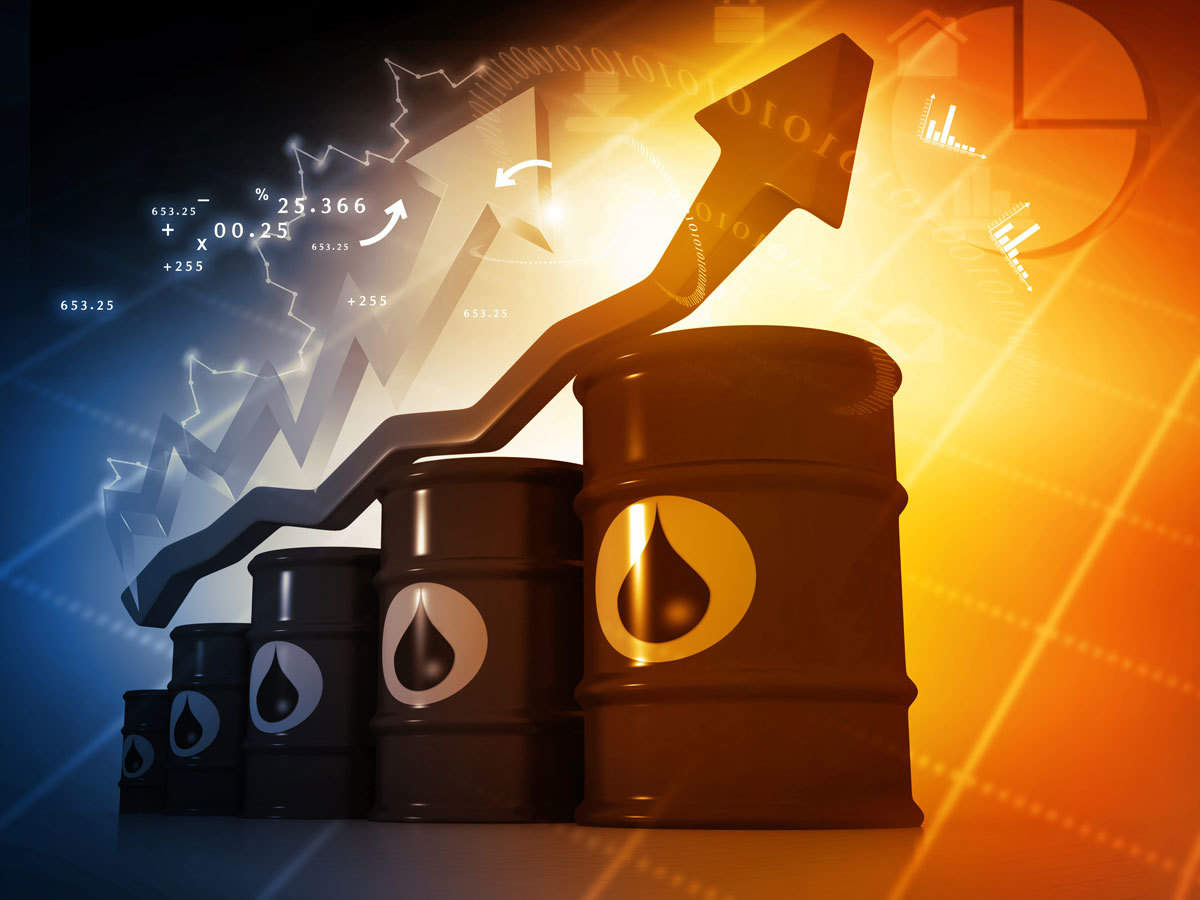

The significance of rising crude oil prices
Why In News?
Why has the price of crude oil risen sharply? How will this impact India?
The price of Brent crude crossed the $60 per barrel mark after over a year on the back of oil-producing countries maintaining production cuts and expectations of improvements in global demand as the Covid-19 vaccine is rolled out across the world.
The price of Brent Crude has risen by over 50 per cent since the end of October after prices had remained around $40 per barrel for five months.
Why has the price of crude oil risen sharply?
Major oil-producing countries had cut oil production last year amid a sharp fall in demand due to the Covid-19 pandemic. However oil-producing countries have continued to limit production despite an increase in prices with Saud Arabia cutting its own oil production by 1 million barrels per day to strengthen crude oil prices.
Expectations of strong improvements in demand with the global rollout of the Covid-19 vaccine have also put upward pressure on crude oil prices.
How will this impact India?
The rise in the price of Brent crude will lead to an increase in India’s import bill. India imports of 80 per cent of its crude oil requirements and the average price of Indian basket of crude oil has already risen to $54.8 barrel for January.
The upward move in crude prices will also put upward pressure on petrol and diesel prices across the country which are already at all-time highs due to the recent rally in international crude prices as well as high central and state levies.
The government had hiked central taxes on petrol and diesel by Rs 13 per litre and Rs 11 per litre in 2020 to boost revenues amid lower economic activity. The increase in taxes had prevented consumers from getting the benefit of low fuel prices as international prices crashed during the first quarter of this fiscal and is now contributing to record high prices as international prices have recovered. Petrol and diesel prices in India are pegged to the international prices of the two products.
Background:
After days of disagreement, the Organization of the Petroleum Exporting Countries (OPEC) and a group of Russia-led oil producers finally agreed to increase output by 500,000 barrels a day next month.
Producers have looked to ramp up supply as vaccine optimism helps drive oil prices up to a seven-month high after excess inventories drove prices down to negative territory at the height of pandemic uncertainty in the spring.
OPEC, which has 13 member states, is largely dominated by oil-rich Saudi Arabia. There are additional countries involved in the so-called OPEC Plus group, which has been led by Russia.
About OPEC
- OPEC stands for Organization of the Petroleum Exporting Countries.
- It is a permanent, intergovernmental organization, created at the Baghdad Conference in 1960, by Iran, Iraq, Kuwait, Saudi Arabia, and Venezuela.
- It aims to manage the supply of oil in an effort to set the price of oil in the world market, in order to avoid fluctuations that might affect the economies of both producing and purchasing countries.
- It is headquartered in Vienna, Austria.
